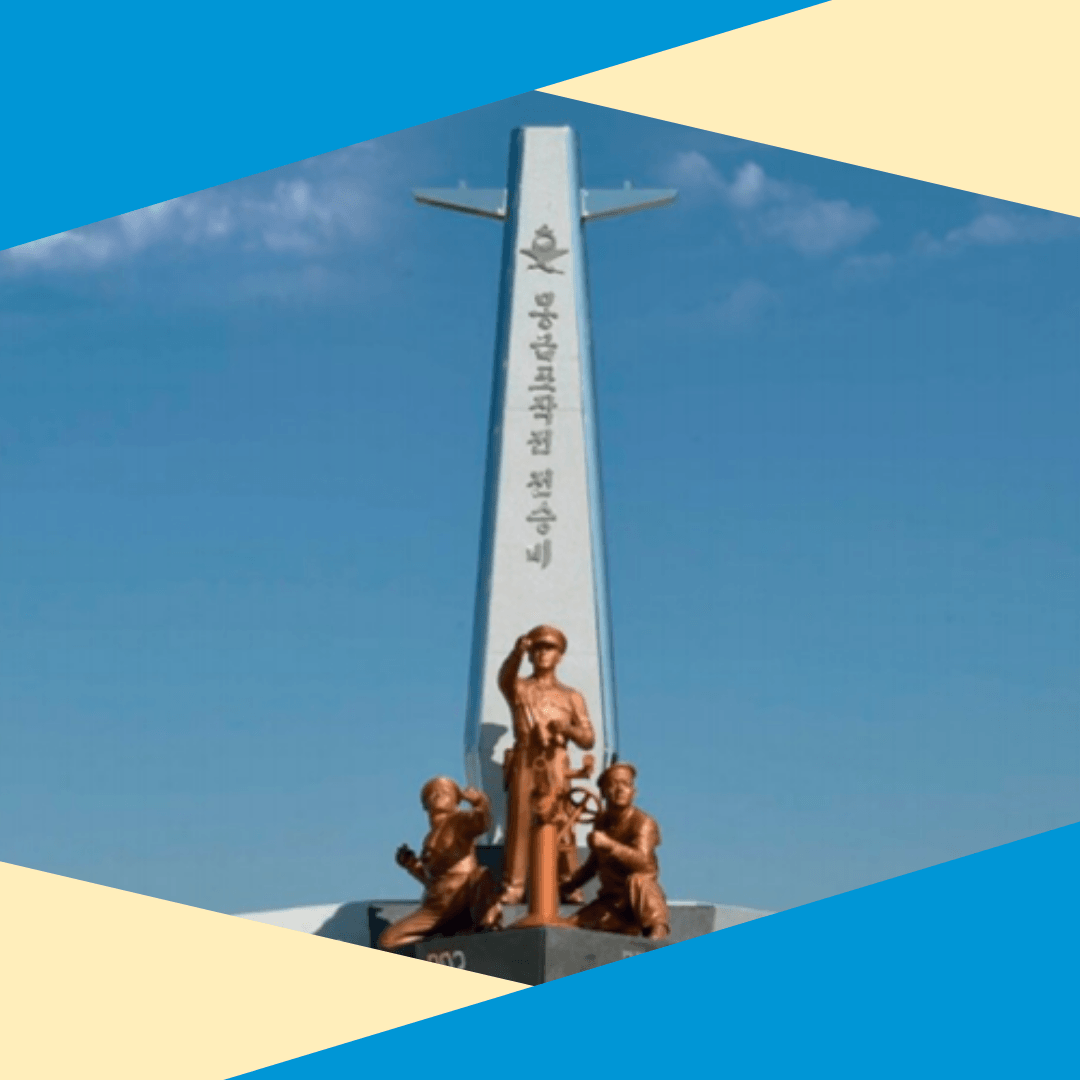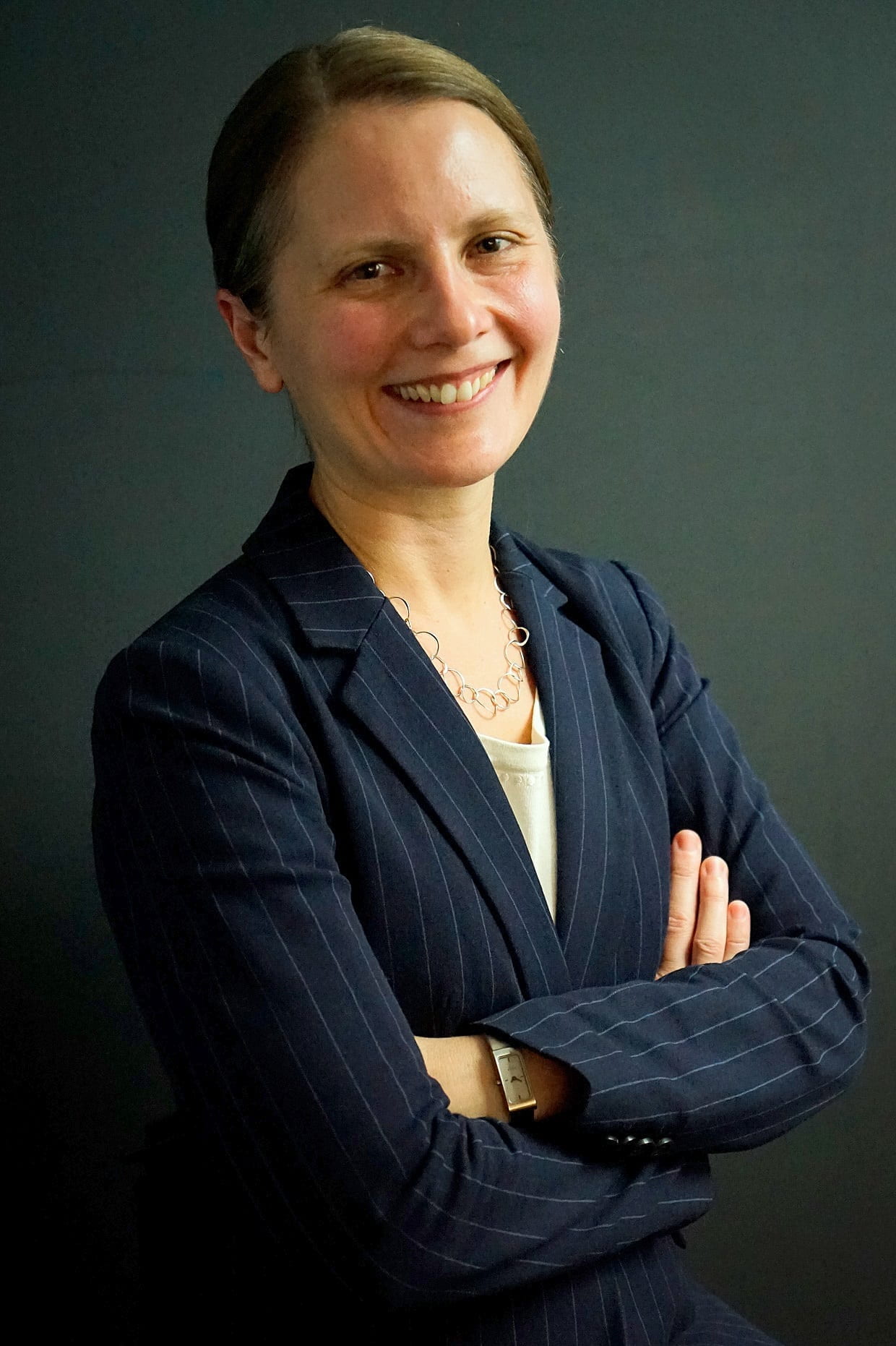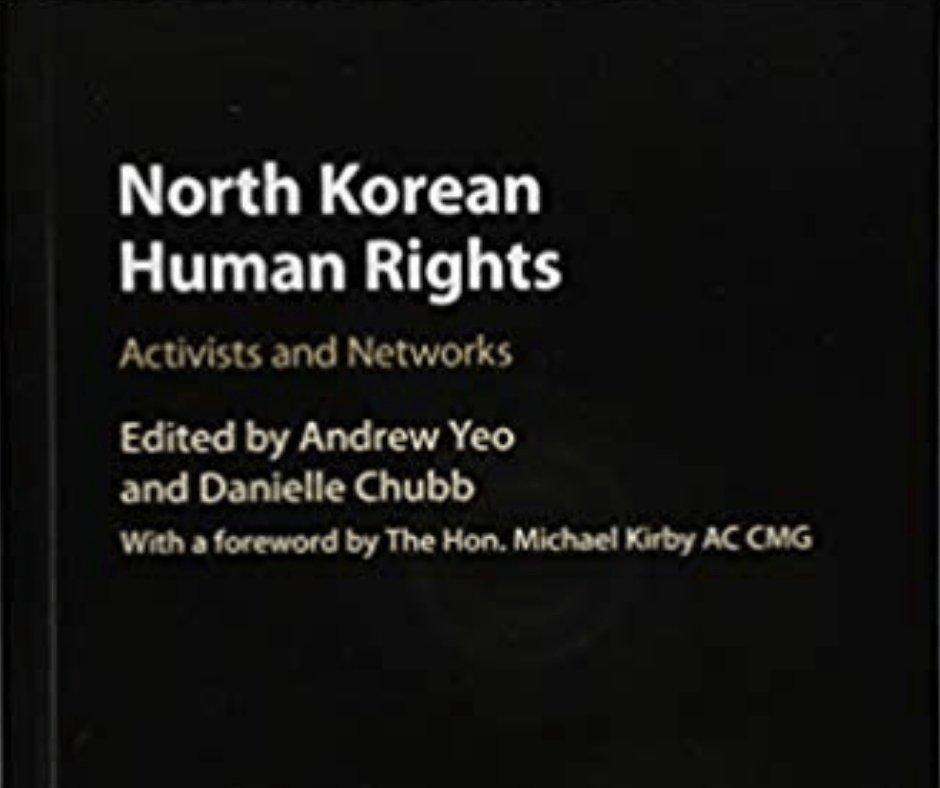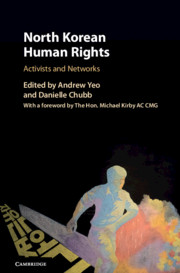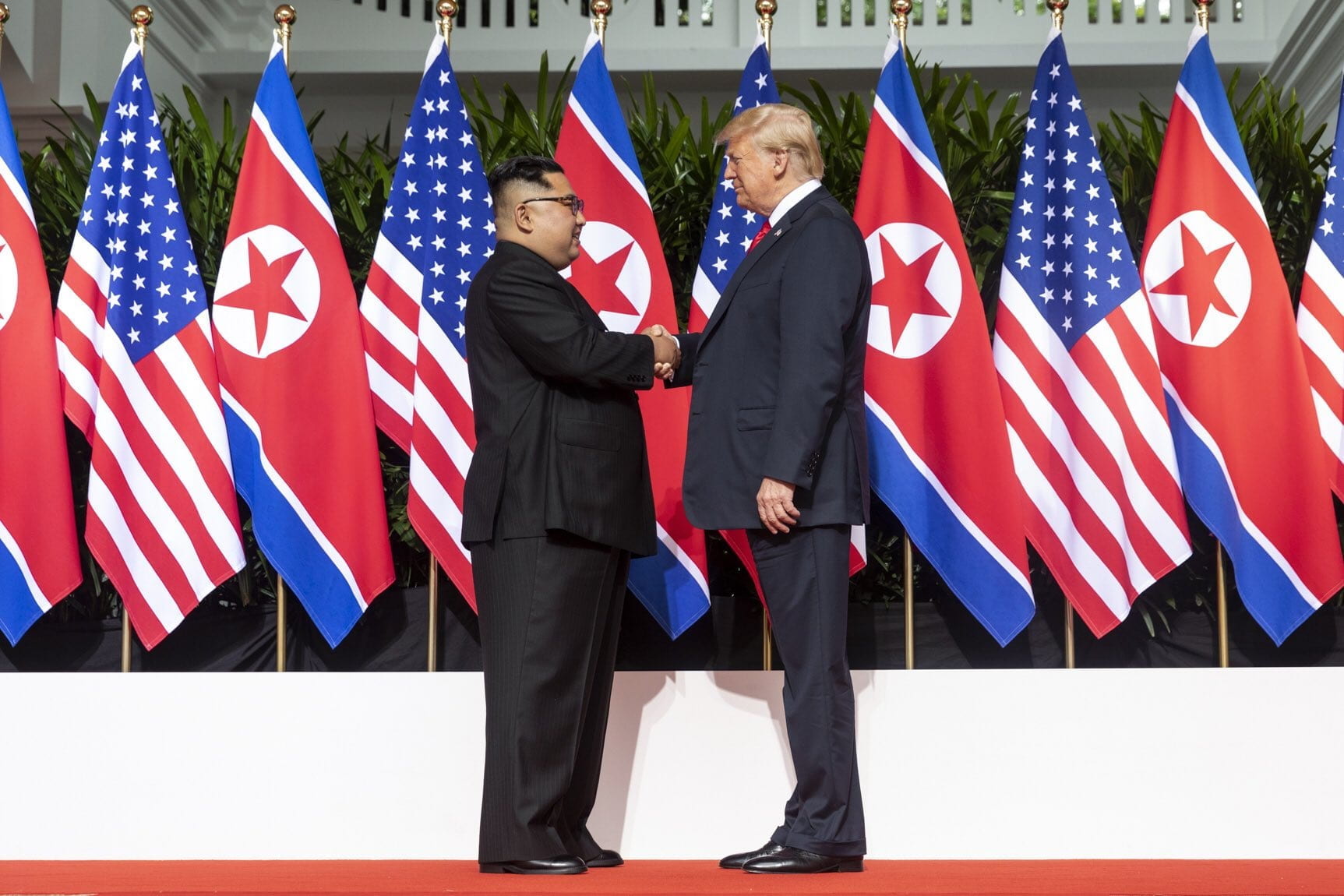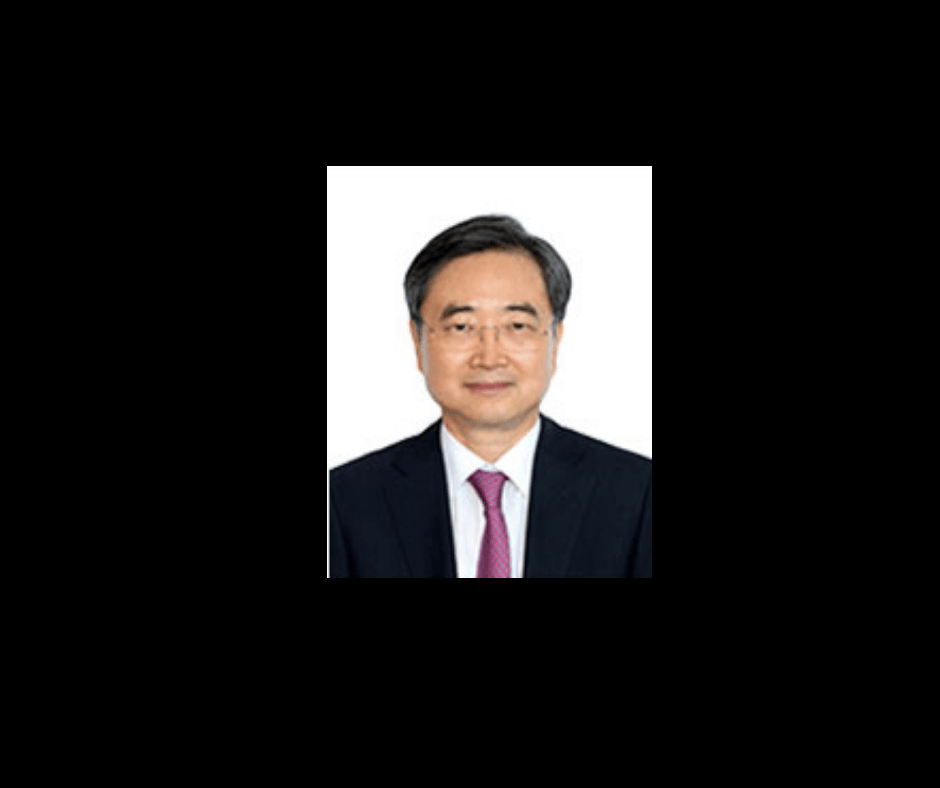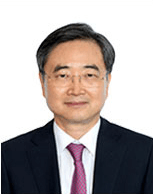GWIKS hosted a Soh Jaipil Circle event on February 14th, 2019 with John Merrill, the former chief of the Northeast Asia Division in the State Department’s Bureau of Intelligence and Research, on “The Jeju 4.3 Incident, Korea’s ‘Dark History,’ and Its Implications for North Korea Policy.” Moderated by Professor Celeste Arrington, Dr. Merrill began by explaining that what he refers to as the “Dark History” of Korea is so because the South Korean government has deliberately buried it. He explained that post-World War II history of Korea has been corrupted by series of authoritarian South Korean governments and only recently has it begun to be corrected. Dr. Merrill then pointed out that the tone of U.S. media coverage on current issues between U.S. and North Korea is filled with cynicism and bad analysis, and lacks self-awareness. He criticized that most of the commentators on the Korean issue are not keeping track of their own predictions. He then mentioned a Chosun Ilbo story from a few days before on South Korean legislatives’ meeting with the Speaker of the House, Nancy Pelosi. In particular, he pointed out Pelosi’s comment, “Well, I visited North Korea once before twenty years ago,” explaining that it exemplifies the misfortunate shallowness of many commentaries in seeing North Korea as ‘the land that time forgot.’ While everything in Korean Politics is changing rapidly, no one seems to be keeping track.
He then shared his personal experience with the dark history. When he first joined the State Department in the spring of 1987, he was on the Korean government’s blacklist as a banned author. Although he was soon removed from the blacklist, he had faced difficulties in performing his duties to interface with South Korean agencies, foreign ministry and the National Intelligence Service. Dr. Merrill explained that President Donald Trump lacks deep understanding of Modern Korean history and is totally disconnected from Washington establishment of Korean Watchers. His approach towards North Korea is quite different from that of U.S. media and commentators. It is based on feel, empathy, and schmoozing. Apparently, the schmoozing technique is working effectively with Kim Jong-un, particularly after being demonized for so long.
The manhwa, or comic strip, Dr. Merrill presented depicted the Monggumpo Operation of August 1949. In 1949, the South Korean navy launched a sneak attack on the North Korean fleet, the West Coast headquarter at Mongumpo on the personal orders of President Syngman Rhee, cutting out the entire U.S. military chain of command. The operation had been concealed because it suggests that South Korea was perhaps partially responsible for the outbreak of the Korean War, until President Lee Myung-bak revealed it to send a warning to North Korea. Dr. Merrill then proceeded to explain another hidden incident in South Korean history, the Jeju Uprising. An estimate of 30 thousand people who opposed separate election under U.S. occupation of South Korea. The police and military forces killed large number of the residents of the Jeju Island who protested and rioted in multiple occasions.
Dr. Merrill concluded the lecture by pointing out that the nuclear weapon issue on the Korean Peninsula is an action-reaction dynamic, initiated by the U.S. deploying nuclear weapons in South Korea. In order to resolve conflicts, we must take alternative methods than simply pointing fingers and blaming each other. He explained that North Korea is the way it is now because the U.S. helped create the deeply traumatized state through deterrence and threat.
